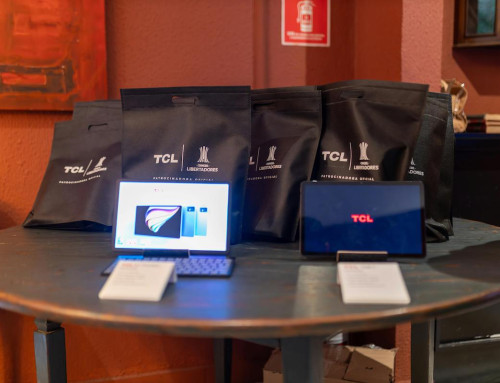The University of Bristol hosted an Alumni Festival which featured guest speaker and award-winning entrepreneur Paul Lindley.
In his talk entitled “Unlocking your potential,” Paul Lindley and Neil Coles (Innovation and Enterprise Partnership Manager at the University of Bristol) shared a lively discussion about Paul’s pathway to entrepreneurial success. Paul talked about some of the particular steps of his own career journey, and also shared some of his fundamental values and philosophies about how (and why) to become a successful entrepreneur.
Subscribe to receive updates when we publish new and interesting content.
Here, I summarise four of the biggest takeaways that I personally had from his talk:

1. Curiosity is key for success
Paul described curiosity as one of the most vital keys for success. He explained that so many adults have stopped exploring; we’ve stopped asking the question “why” (or “why not”) when in fact this very question is one that can lead to tremendous innovation. Innovation comes from being curious and then being brave enough to explore and apply that curiosity.

2. You have to take risks to reap rewards
Many entrepreneurial types are keen to find a new solution for a problem. But are they willing to widely explore those possible solutions? How innovative are they willing to be? Are they willing to take big enough exploratory risks, knowing that there is a possibility of failure? And, if they aren’t willing to risk failure, are they truly committed to success in the first place? These are some of the key questions that Paul invited the audience to reflect on. Indeed, he reminded us, the world’s problems have existed for a long time and so if we want to solve them, then we have to move beyond what has already been happening. We have to think creatively and curiously when formulating our solutions.

3. You can’t always plan every detail
When asked about the extent to which structure, forethought, and planning played a role in his career decisions, Paul used the metaphor of a rowboat in a large body of water. He asked the crowd to imagine being the rower of the boat: you can see the shoreline, you know the direction that you want to move in. But no part of you can anticipate every wave, or the precise direction and intensity of the wind, or the other multiple factors that affect your journey. So, while you should know where you want to go, and you should aim to land there, you cannot expect to perfectly predict every step and detail along the way.

4. You should embrace and prioritise the human side of the business
Paul spoke about how human beings have been at the centre of every decision he has made for his business. He’s prioritised a user-centric approach, which means that he thinks of the impact that his business decisions have on the actual individuals involved, not just the typical business metrics. He talks about business being “a force for good” and emphasises that it is crucial to understand the needs and desires of individuals in order to create a force of positive change.





